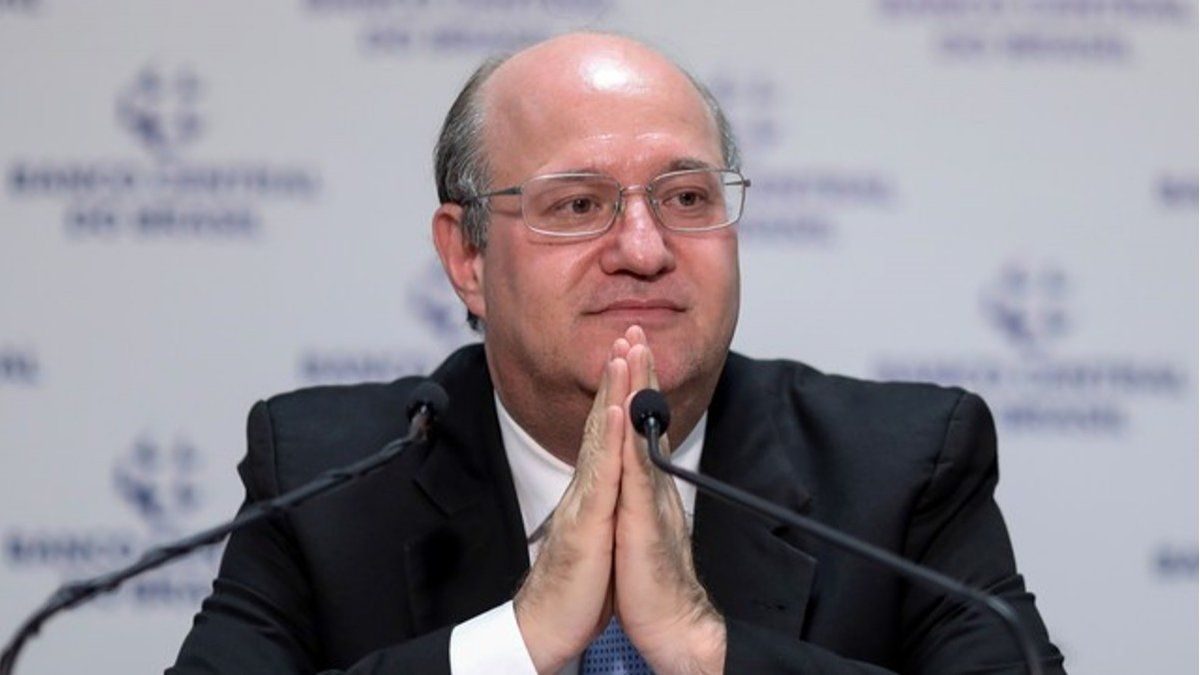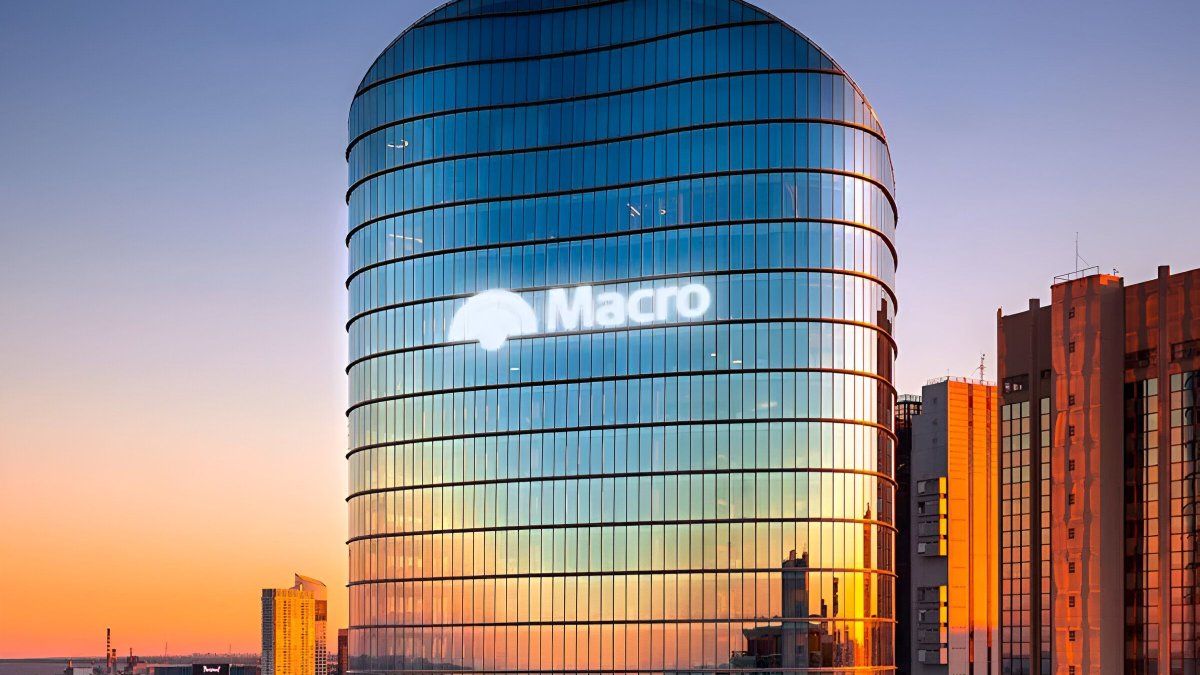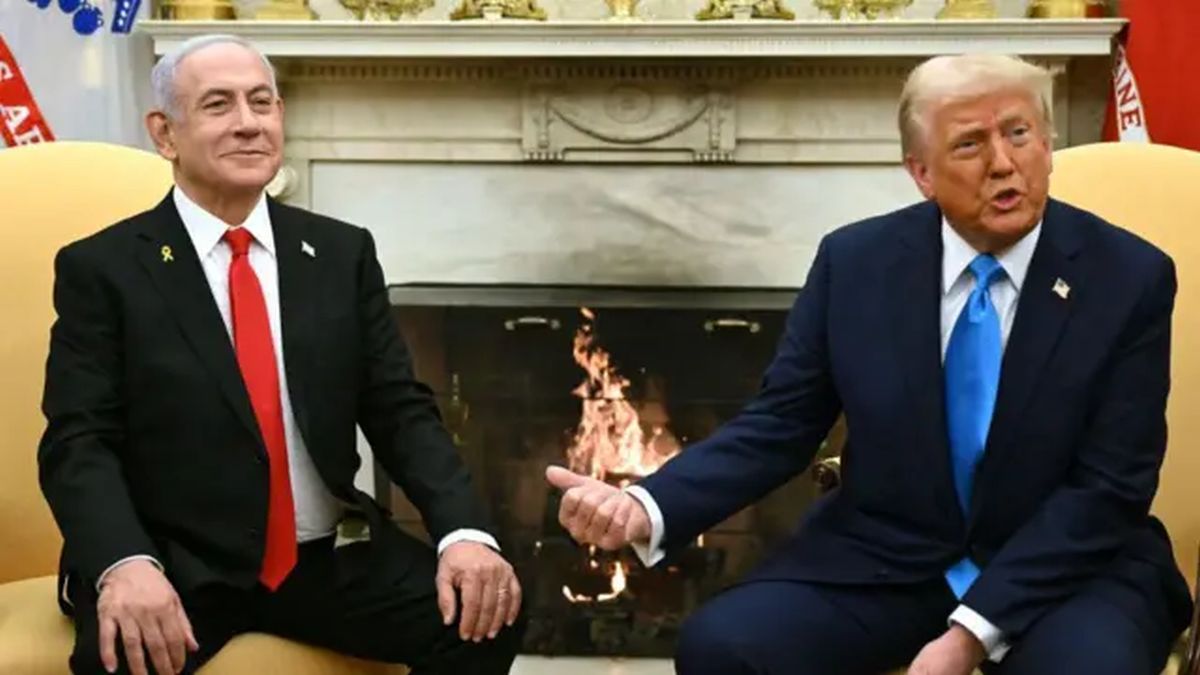Given the panorama of the Creole economy, and the almost certainty that the goals and objectives agreed for this year will have to be renegotiated; it is ruled out that in the meeting on Friday there will be harsh and acid criticism against the country. As this newspaper advanced, there are already three representatives before the IMF who ask for a turn to begin the attack. These are Japan, the United Kingdom and Great Britain. Therefore, it is ruled out that states that could defend the local position could remain silent at the time of the discussion. Before the panorama, Russia and China appear as possible defenders at the moment of debating the Argentine economy.
Curious paradox could occur. If Russia is vehement in having understanding for the march of the local macro, it should resort to blaming its own invasion of Ukraine for the deterioration of the world economy, and its consequences in countries like Argentina. Russia and China are two countries that are always militant in criticizing the functioning of the IMF every time there are important issues that are discussed from time to time within the board, but nevertheless they accumulate little firepower on the board. Between them they hold 6.4% of the total votes (3.7% China and 2.7% Russia), so their specific weight is less at the time of raising their hands (or lowering their thumbs) than those of Japan, Germany, the rest of the European Union and even those of the Persian Gulf as a whole. In this sense, without the positive vote of the United States, there is no possible support. According to official calculations, Argentina would now have a guaranteed global support of 70% in the directory. This level is reached by guaranteeing Germany, France, Spain and other European countries would vote in favor of the country, adding other key states that, it is ruled out, would also endorse Argentina. Russia and China are mentioned in this group, adding the Arab countries (especially those of the Persian Gulf, with a strong presence on the IMF board), as well as, logically, all of Latin America and Africa.
It is also hoped that more consensus would be achieved with key countries such as Canada and the rest of the European Union, with which the percentage would rise to about 70%. Thus, it would be necessary to achieve only 10% more to exceed 80% and that the fulfillment of the goals of the first quarter be ratified by the board. In general, it is estimated that if the IMF technicians endorse with their signature the fulfillment of agreed goals for a period (in this case, the first quarter of the year), the ambassadors of the member countries should not put obstacles. But, as is known, the Argentine case debated on the board always brings controversy. Sometimes almost sane.
Source: Ambito
David William is a talented author who has made a name for himself in the world of writing. He is a professional author who writes on a wide range of topics, from general interest to opinion news. David is currently working as a writer at 24 hours worlds where he brings his unique perspective and in-depth research to his articles, making them both informative and engaging.




